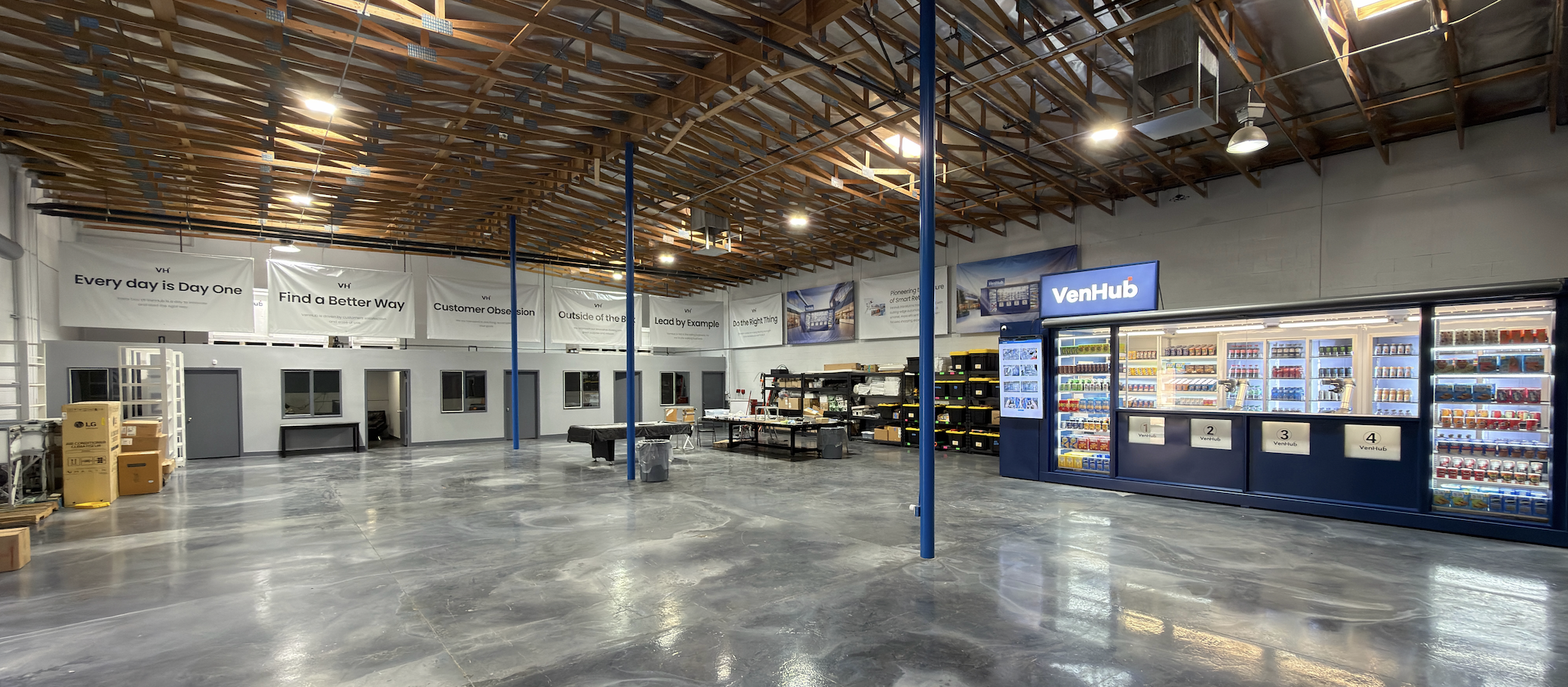AI Dominates the World’s Most Advanced Autonomous Drone Race in Abu Dhabi

The Evolution of Autonomous Drones
The recent AI-powered drone race in Abu Dhabi marked a significant milestone in the application of artificial intelligence, showcasing advanced decision-making capabilities that could reshape multiple industries. A specially designed drone completed a complex course in just 17 seconds, demonstrating that AI is not just a tool but a competitor in high-stakes environments requiring rapid assessment and responses.
Autonomous drones have come a long way from their inception. Initially engineered for surveillance and military applications, these flying robots have now transitioned into competitive arenas and commercial usage. With AI at their core, these drones leverage machine learning algorithms and real-time data processing, enabling them to make split-second decisions that are often superior to human capabilities. This race represents a culmination of intense research, engineering, and investment in drone technology.
AI's Role in Racing
The drone that claimed victory in Abu Dhabi was not just fast; it embodies the pinnacle of AI's potential. It utilized advanced algorithms to navigate a challenging course filled with obstacles and dynamic variables—everything from sudden changes in wind patterns to last-minute adjustments in flight paths. This unprecedented level of autonomy not only highlights AI's evolving capabilities in robotics but also sets new standards for what we can expect from automated systems in various sectors.
Implications for the Future of AI and Robotics
The implications of this technological breakthrough extend beyond racing. Industries such as logistics, agriculture, and surveillance have much to gain from the advancements portrayed in this competition. AI-powered drones are becoming integral tools for various applications, including:
1. Logistics and Delivery Services
With companies like Amazon investing heavily in drone delivery systems, the lessons learned from autonomous racing can advance the efficiency and safety of delivering packages quickly and accurately.
2. Emergency Response
Drones equipped with AI are transformative tools in search-and-rescue missions, capable of navigating treacherous terrains and relaying real-time information back to rescue teams.
3. Agricultural Monitoring
Farmers can deploy AI drones to monitor crop health, analyze soil conditions, and even automate planting processes, increasing overall productivity.
The Drive for Better AI Algorithms
This race also underscores the ongoing competition among tech companies to develop better and more effective AI algorithms. As the cost of failure decreases, driven by advancements in robotics and AI, we can expect to see more experimentation in high-stakes environments, leading to innovative solutions that go beyond just drones. What we learn from these races could be applicable in all facets of AI research, enhancing decision-making protocols and learning capabilities across the board.
The Role of VenHub in the Context of Technological Advancement
At VenHub, we are keen observers of how automation and AI transform not only industries like racing and logistics but also the retail landscape. Our fully autonomous Smart Stores benefit directly from the same AI advancements that drive drones like the winner in Abu Dhabi. Just as these drones navigate complex environments efficiently, VenHub Smart Stores utilize AI for inventory management, customer interaction, and security solutions—providing a seamless shopping experience like no other.
Conclusion: Embracing the Future of AI
The success of the AI-powered drone in Abu Dhabi is a testament to the limitless potential of AI and robotics. As we continue to push the boundaries of what machines can accomplish, the implications for industry, society, and technology remain profound. VenHub stands ready to embrace and integrate these emerging technologies into the retail sector, ensuring our Smart Stores are at the forefront of innovation and efficiency.







.png)


